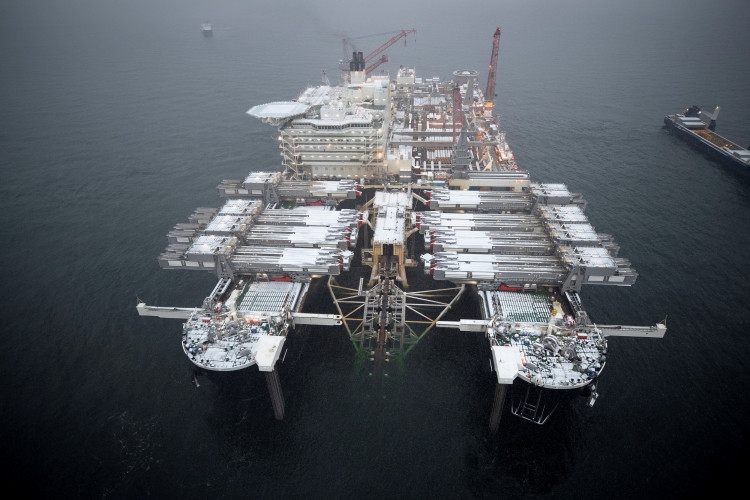According to a report by the New York Times on Tuesday, new intelligence reviewed by U.S. officials indicates that a pro-Ukrainian group sabotaged the Nord Stream pipelines that carried natural gas from Russia to Europe.
However, there is no evidence of Kyiv government involvement in the September 2022 attack that destroyed three of the four pipelines running under the Baltic Sea. The U.S. and NATO have referred to the attack as "an act of sabotage," but both sides have yet to provide any evidence.
Moscow has blamed Ukraine's Western supporters and has called for an independent investigation by the U.N. Security Council.
The New York Times reported that the intelligence review revealed that the pipeline explosions were carried out by a group of Ukrainian or Russian nationals or a combination of the two, who opposed Russian President Vladimir Putin. However, the review did not specify who directed or paid for the operation, and U.S. officials declined to disclose the nature of the intelligence or any details on the strength of the evidence.
White House spokesperson John Kirby stated that the U.S. is waiting for ongoing investigations in Germany, Sweden, and Denmark to conclude before deciding on any further actions.
Senior Zelenskiy adviser Mykhailo Podolyak responded to the report, stating that the Kyiv government was not involved in the sabotage strike and had no information about what happened.
The Nord Stream gas pipelines were built by Russia's state-controlled Gazprom, and they connect Russia and Germany. Nord Stream 1 was completed in 2011, and Nord Stream 2 was completed in 2021, despite objections from Ukraine and some of Germany's allies, including the U.S. Both countries feared that it would allow Moscow to blackmail Berlin by threatening to curb supplies.
Germany ultimately halted certification of Nord Stream 2 amid signs that Russia was about to invade Ukraine, and Europe has since drastically cut energy imports from Russia.
Gazprom representatives did not immediately respond to the New York Times report. Russia's deputy United Nations ambassador Dmitry Polyanskiy stated that the report proved Moscow's push for the Security Council to set up an independent inquiry was "very timely," and they would seek a vote on a draft resolution by the end of March.






